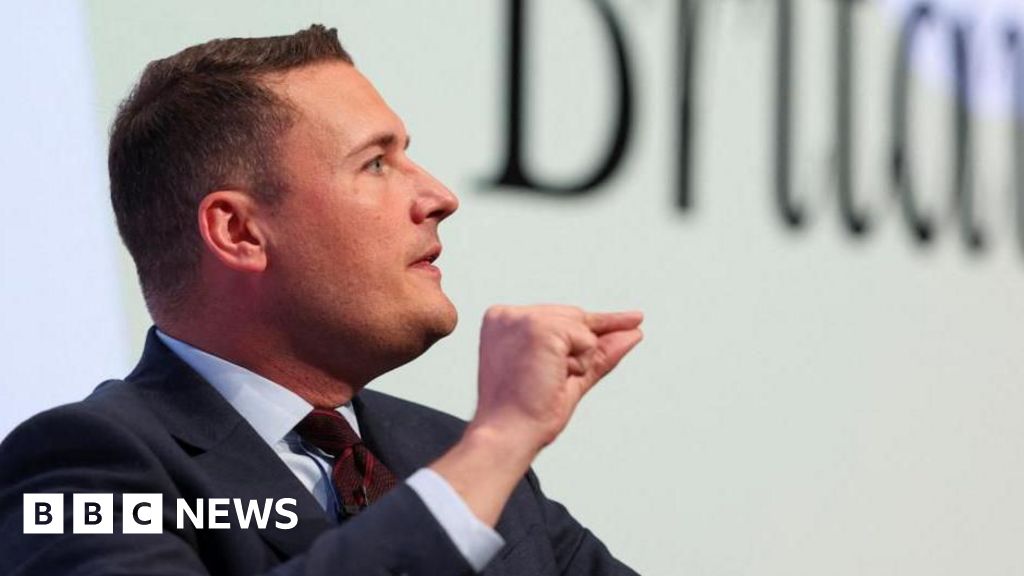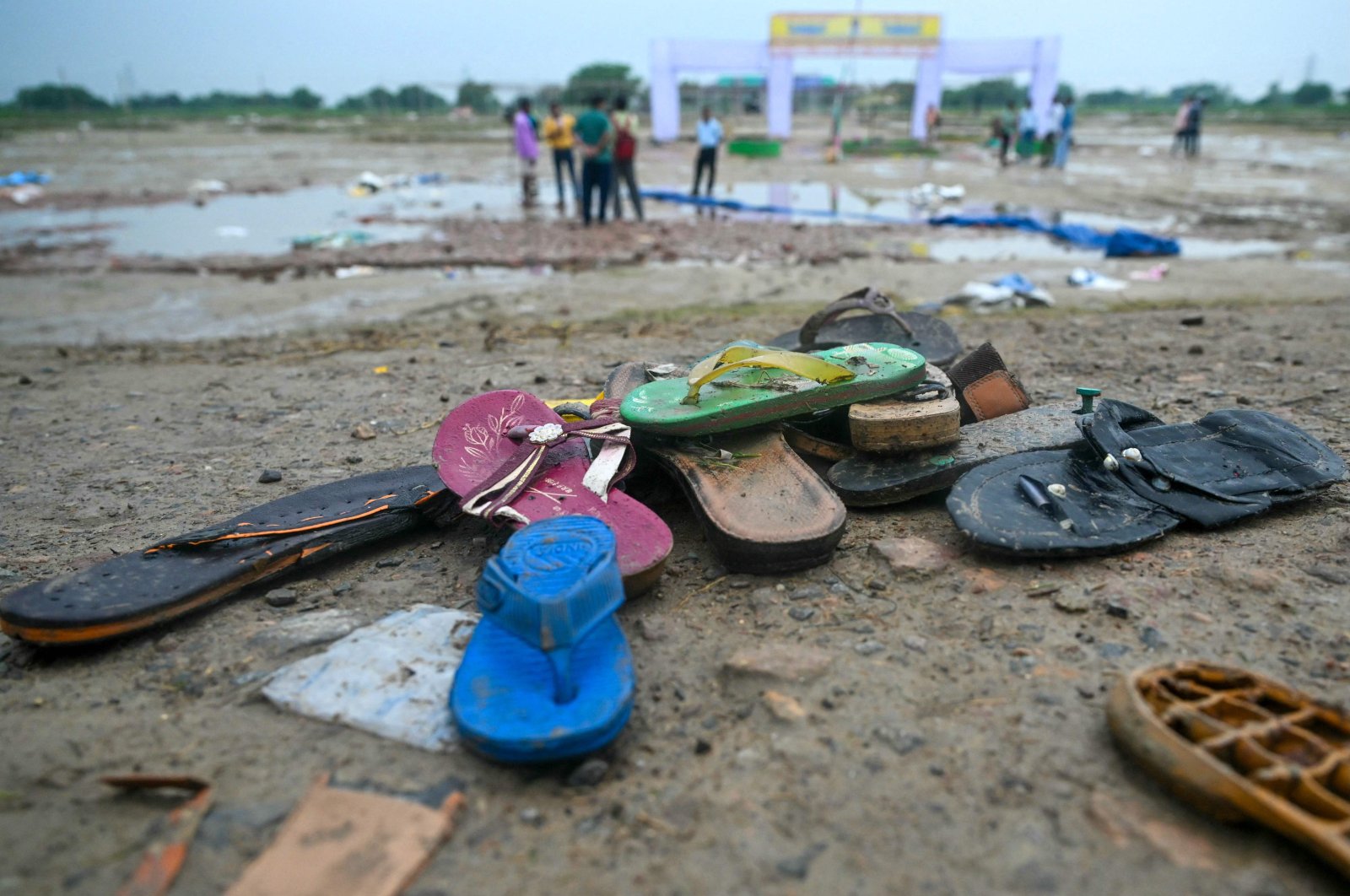Creditors’ club of wealthy countries expects turnaround as defaults expire

By Libby George and Karin Strohecker
LONDON (Reuters) – The risk of a debt crisis that has overshadowed the global economy for four years is beginning to recede, the Paris Club of rich creditor countries said on Wednesday in its 2023 annual report.
A series of defaults – from Zambia to Sri Lanka – began in 2020, as the Covid-19 pandemic triggered a series of economic shocks that continued into last year. The fallout from Russia’s war in Ukraine and rising global interest rates added pressure on the fragile finances of many poor countries.
Now, the group says, a turnaround is underway, even as countries like Ukraine are in talks to restructure their debts and Kenya is witnessing deadly protests against tax hikes aimed at curbing national debt.
“The specter of another major debt crisis is slowly fading,” said a report by the group, published on the sidelines of its annual meeting in Paris.
“But vigilance remains the order of the day – at a time when many borrowers have to make significant payments abroad, fiscal space is limited and there is a great need for investment.”
The Paris Club, which includes 22 official creditor countries, said the return of sub-Saharan African countries to the eurobond markets this year, a stabilisation of debt levels in low-income countries and a potential peak in global interest rates were reasons for optimism.
However, there are a number of concerns hidden between the lines of the report. One of them is whether the mechanism for coordinating debt talks with the world’s poorest countries – the so-called Common Framework – is fit for purpose.
In a contribution to the report, global rating agency S&P also points to concerns about the issuance of African Eurobonds, which the Paris Club cites as a reason for optimism.
Roberto Sifon Arevalo of S&P said countries around the world are expected to take on debt at a “worrying level” of nearly $11.5 trillion.
Ukraine, whose financial fate remains uncertain after the collapse of its planned debt restructuring earlier this month, is mentioned only in a table in the 99-page report. The country was not on the agenda of the meeting, a Paris Club official said.
CHINA COMPLICATIONS
The report also looks at the Paris Club’s efforts to make debt talks more transparent, including through the 2023 data-sharing initiative with the World Bank, which will enable the bank to conduct large-scale coordination exercises.
However, Manuela Francisco of the World Bank also warned that the increasingly strict boundaries between creditor groups – more and more state-controlled banks are charging low-income countries interest rates of over five percent – would continue to put a strain on countries’ finances.
China has become the largest bilateral lender to a number of low-income countries, but it has a complicated web of lending through state-controlled institutions that the world is struggling to untangle.
Xuan Changneng, deputy governor of the People’s Bank of China, did not reiterate Beijing’s demand that multilateral lenders take losses on their debt, but urged them to provide more grants and loans “on more favorable terms.”
“They must make greater efforts to help countries in debt crises,” he wrote.
The report also says that talks are currently underway between Ethiopia and the International Monetary Fund. Official creditors have suspended Ethiopia’s debt repayments until an agreement is reached on a fund program.
“The Secretariat is confident that Ethiopia and the IMF can reach agreement on the terms of a program during 2024.”
(Reporting by Libby George and Karin Strohecker; editing by Tomasz Janowski)


